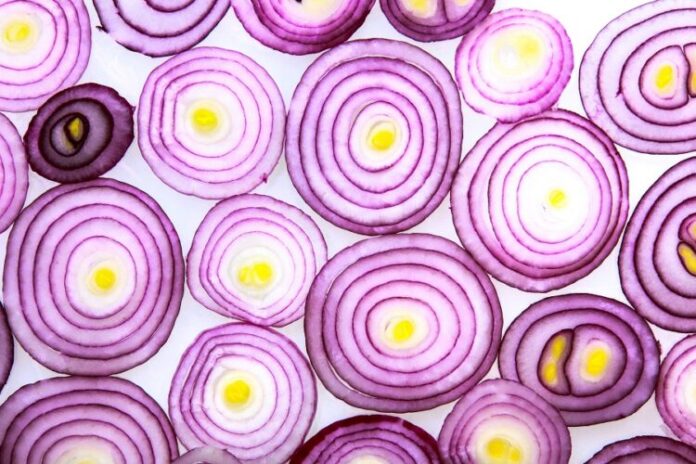The world is currently grappling with an unparalleled global food crisis. Within a span of two years, the number of individuals encountering acute food insecurity or being vulnerable to it has surged from 135 million across 53 nations before the pandemic to a staggering 345 million across 82 countries today.
The situation has been exacerbated by the conflict, climate-induced disasters, and the COVID-19 pandemic, with food, fuel, and fertilizer costs soaring due to the war in Ukraine. In this grim situation, millions of people are finding it arduous to access food and are being pushed to the brink of famine amidst a major crisis.
The World Food Program (WFP) has made it a top priority to take emergency measures aimed at preventing the loss of millions of lives to hunger, while also focusing on the development and stabilization of national food systems and supply chains.
In a recent report, WFP said that some 152 million individuals were experiencing food insecurity in 2022, which marked a substantial rise from 128 million people in 2021.
“Our operational needs are now at an all-time high of US$22.2 billion, with confirmed contributions of US$4.8 billion (or 22%) as of the end of June,” the WFP said.
The global food supply crisis has taken a worrisome turn, with essential ingredients for a healthy and nutritious diet being threatened. Although the costs of wheat and grains have decreased in recent months, concerns over the availability of some staple foods have eased.
However, a combination of factors has now caused a disruption in the vegetable market, which is the foundation of a sustainable and healthy diet. The latest to join the “club” of scarce items is the onion. The prices of onions have skyrocketed, causing inflation and prompting countries to take measures to secure their supplies, Bloomberg reports.
Morocco, Turkey, and Kazakhstan have suspended some exports, and the Philippines has initiated an inquiry into cartels. The United Nations and the World Bank have warned that these restrictions have extended beyond onions to include other vital vegetables such as carrots, tomatoes, potatoes, and apples, causing shortages worldwide.
In Europe, the scarcity of produce has led UK supermarkets to ration the purchase of certain fruits and vegetables due to a poor harvest in southern Spain and North Africa, leading to empty shelves.
As Eurasia Business Today previously reported, millions of people are at risk of starvation in 2023 due to a sharp increase in fertilizer prices, exacerbating the already existing global food crisis worsened by inflation.
Research conducted by Peter Alexander of the School of GeoSciences at the University of Edinburgh reveals that the prolonged conflict in Ukraine poses a threat to the availability of affordable food across the world.
The report states that major fertilizer manufacturers in Russia and Ukraine have witnessed a surge in fertilizer costs worldwide since the conflict began last year. Energy and fertilizer price hikes may lead to costs rising by a staggering 74% and being 81% higher than in 2021, according to the report.
To reduce farmer expenses and mobilize foreign financial assistance, a study by the WTO and FAO suggests implementing measures such as “fertilizer contract swaps.”
Additionally, in November of the previous year, a press release announced the resumption of operations by Lifosa, a Lithuanian fertilizer manufacturer and a subsidiary of the Swiss EuroChem Group AG.
“With the need to continue fertilizer supplies to key target markets in Europe and the Americas and the importance of Lifosa to Lithuania, we are pleased that we will be able to restart production in the short term,” Brikho noted.
The announcement further emphasized that removing restrictions on obtaining premium raw materials from EuroChem would allow Lifosa to once again meet the high cadmium limits imposed by the EU Commission.



